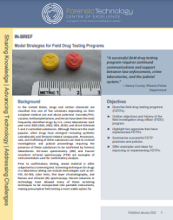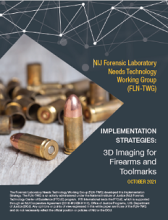A 50-SNP assay for biogeographic ancestry and phenotype prediction in the U.S. population
Journal
Forensic Science International: Genetics
Date Published
2014
Agencies
NIJ-Sponsored
Publication Type
Research (Applied/Empirical)



